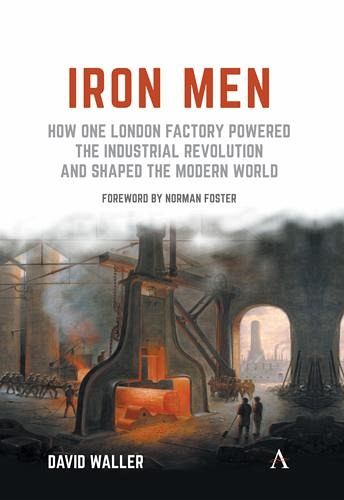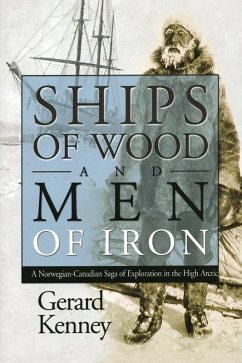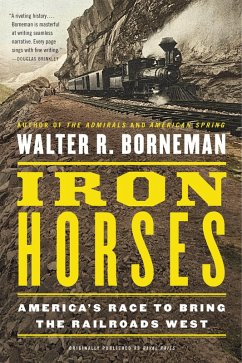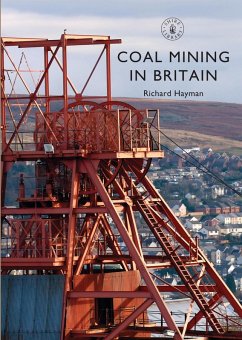
Iron Men (eBook, ePUB)
How One London Factory Powered the Industrial Revolution and Shaped the Modern World
Versandkostenfrei!
Sofort per Download lieferbar
19,95 €
inkl. MwSt.
Weitere Ausgaben:

PAYBACK Punkte
10 °P sammeln!
In the early nineteenth century, Henry Maudslay, an engineer from a humble background, opened a factory in Westminster Bridge Road, Lambeth, a stone's throw from the Thames. Maudslay invented precision engineering, which made the industrial revolution possible, helping Great Britain become the workshop of the world.He developed mass production, interchangeable components, and built the world's first all-metal machine tools, which quite literally shaped the modern world. Without his inventions, there would have been no railways, no steam-ship industry and no mechanised textiles industry.His fac...
In the early nineteenth century, Henry Maudslay, an engineer from a humble background, opened a factory in Westminster Bridge Road, Lambeth, a stone's throw from the Thames. Maudslay invented precision engineering, which made the industrial revolution possible, helping Great Britain become the workshop of the world.
He developed mass production, interchangeable components, and built the world's first all-metal machine tools, which quite literally shaped the modern world. Without his inventions, there would have been no railways, no steam-ship industry and no mechanised textiles industry.
His factory became the pre-Victorian equivalent of Google and Apple combined, attracting the best in engineering talent. The people who worked left to set up their own businesses. These included Joseph Clement, who constructed the Difference Engine, the world's first computer, and Joseph Whitworth, who moved to Manchester and by the time of the Great Exhibition in 1851 was deemed the world's foremost mechanical engineer.
He developed mass production, interchangeable components, and built the world's first all-metal machine tools, which quite literally shaped the modern world. Without his inventions, there would have been no railways, no steam-ship industry and no mechanised textiles industry.
His factory became the pre-Victorian equivalent of Google and Apple combined, attracting the best in engineering talent. The people who worked left to set up their own businesses. These included Joseph Clement, who constructed the Difference Engine, the world's first computer, and Joseph Whitworth, who moved to Manchester and by the time of the Great Exhibition in 1851 was deemed the world's foremost mechanical engineer.
Dieser Download kann aus rechtlichen Gründen nur mit Rechnungsadresse in A, D ausgeliefert werden.













